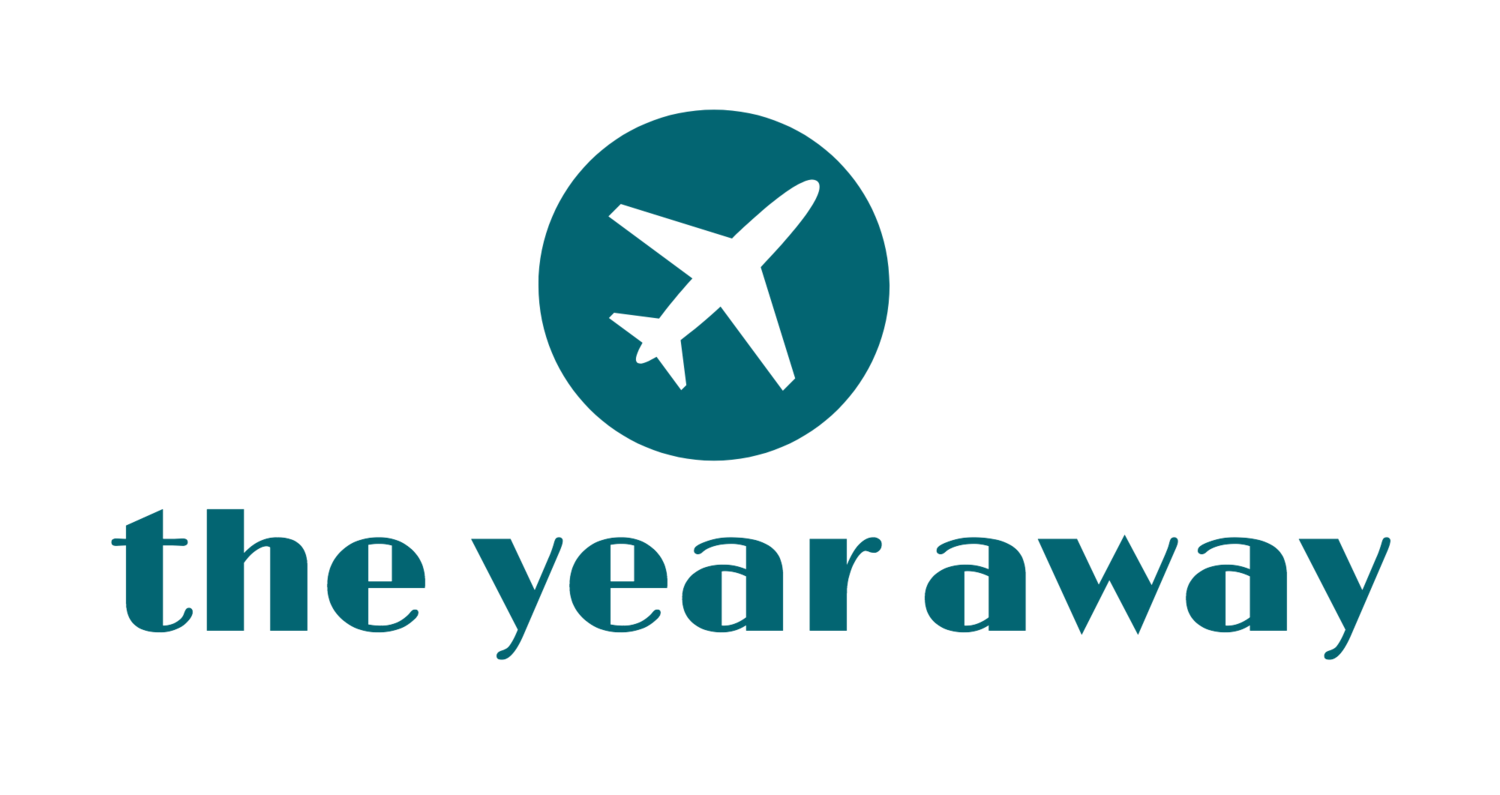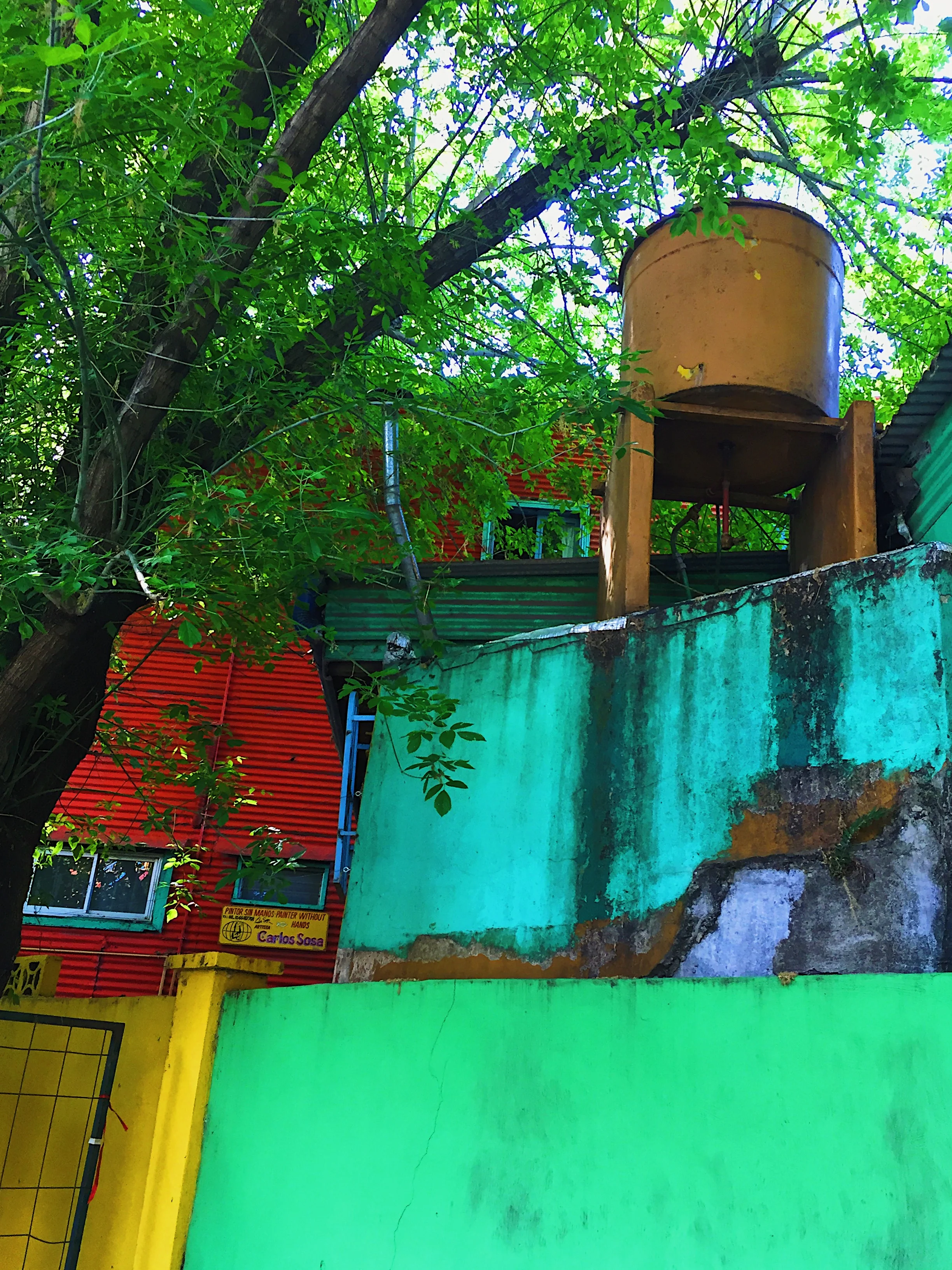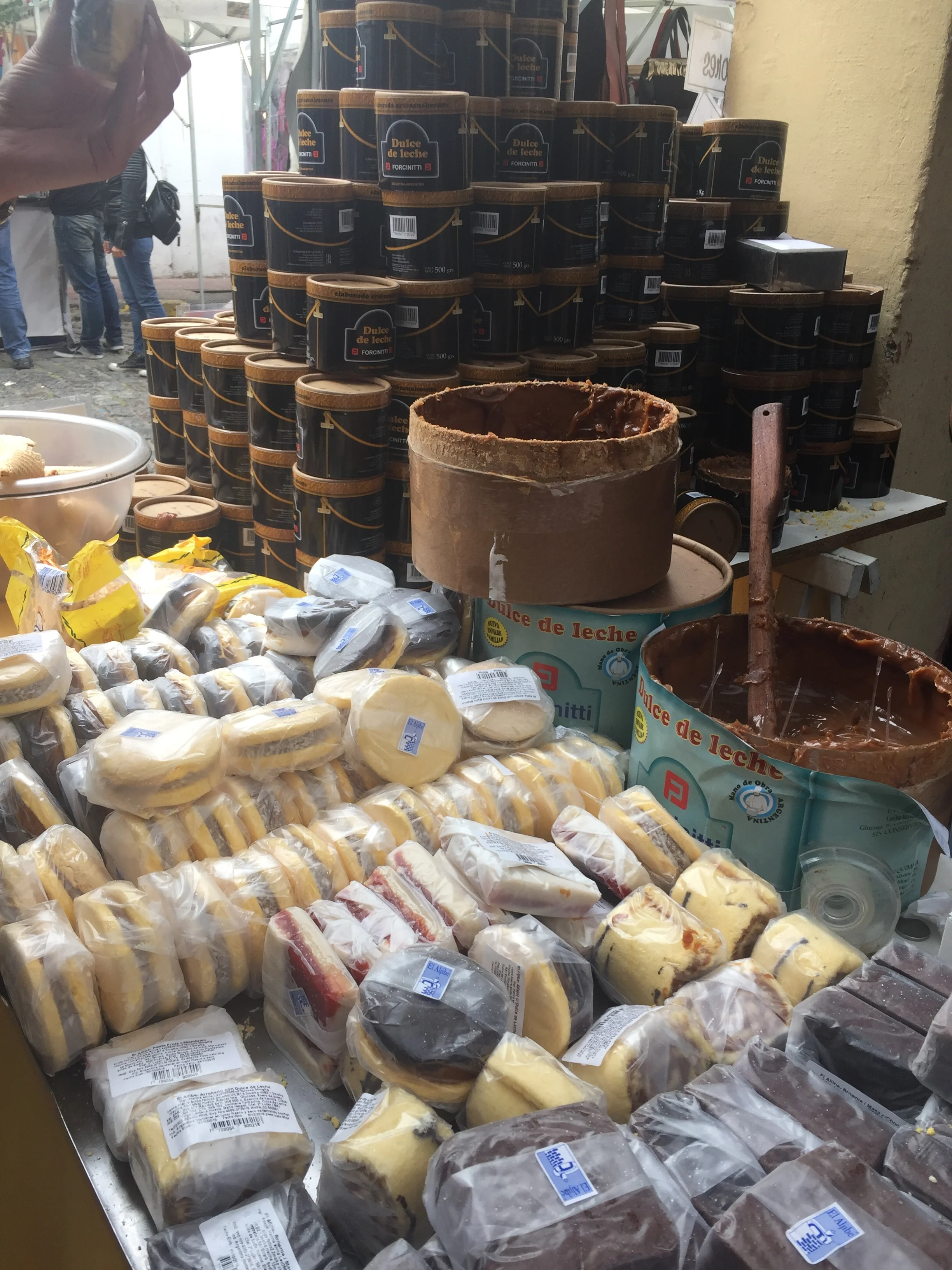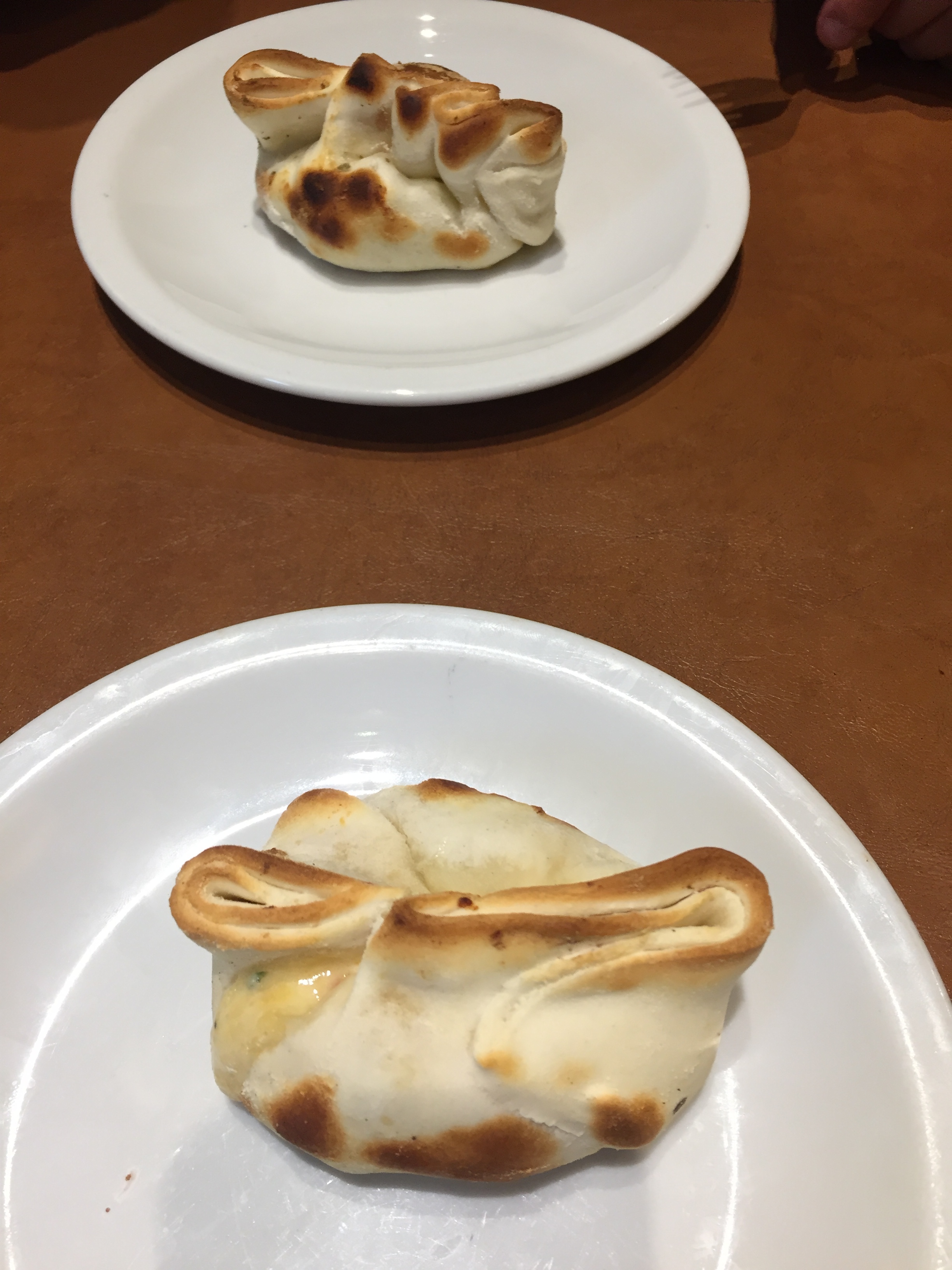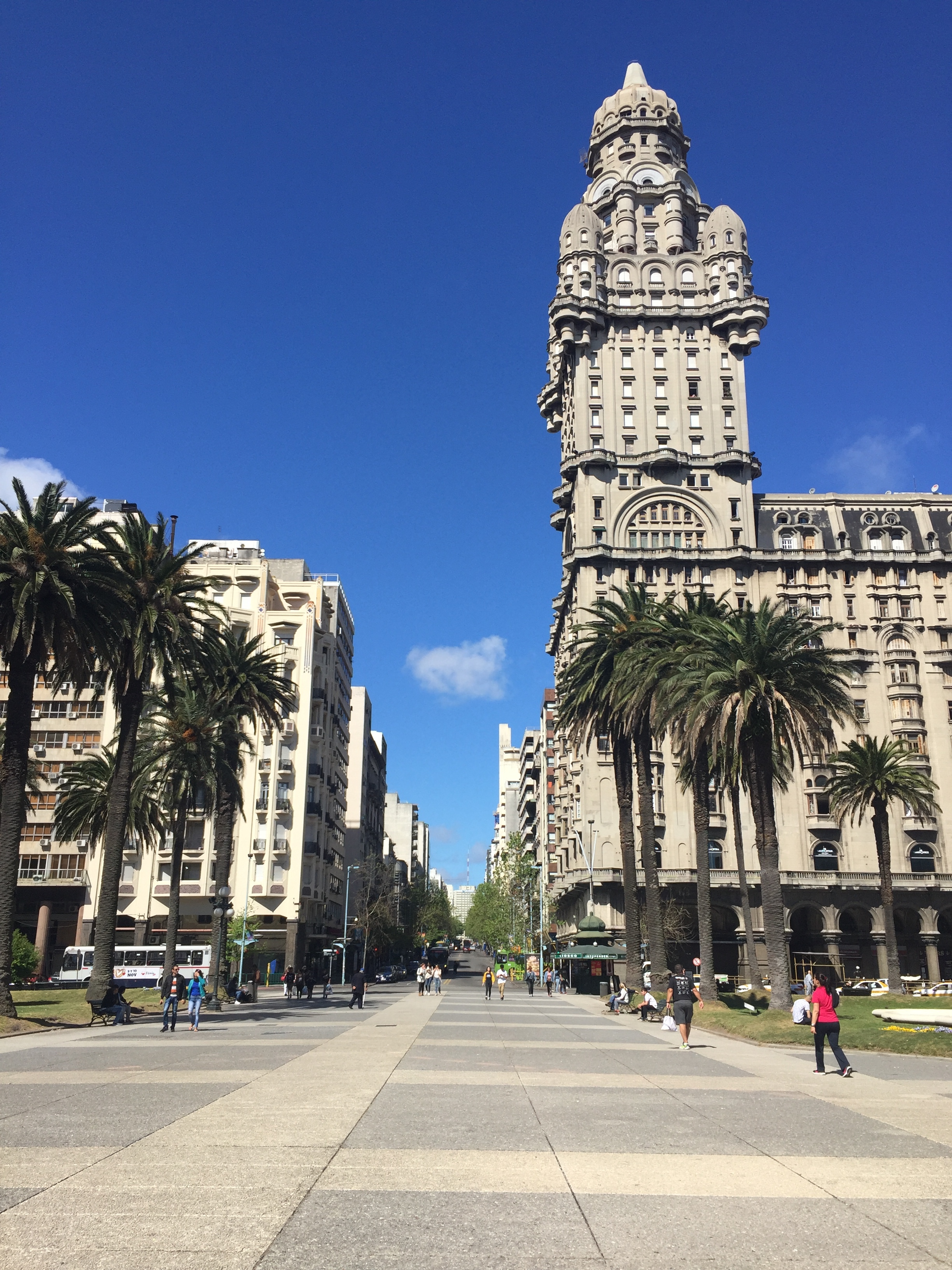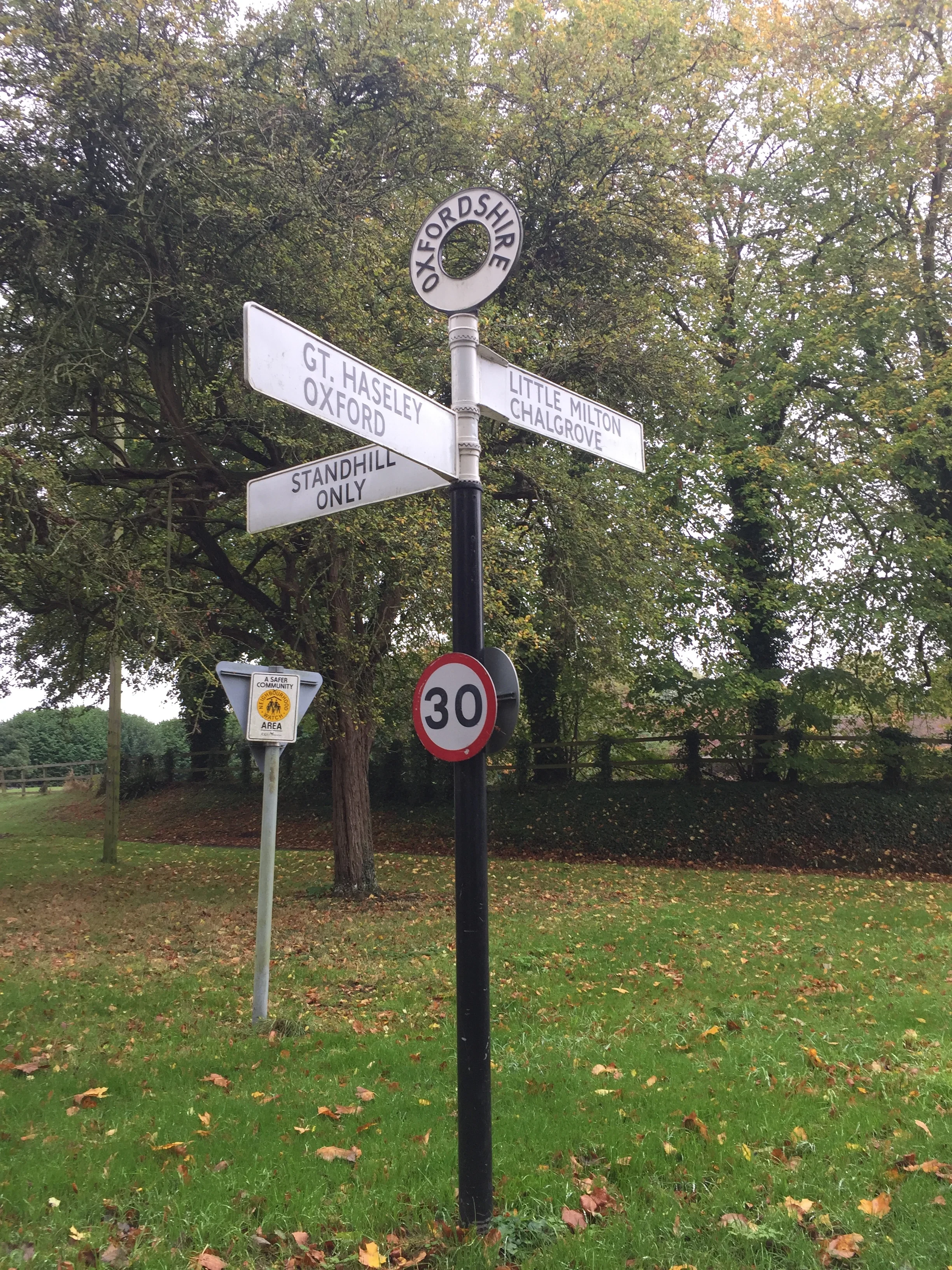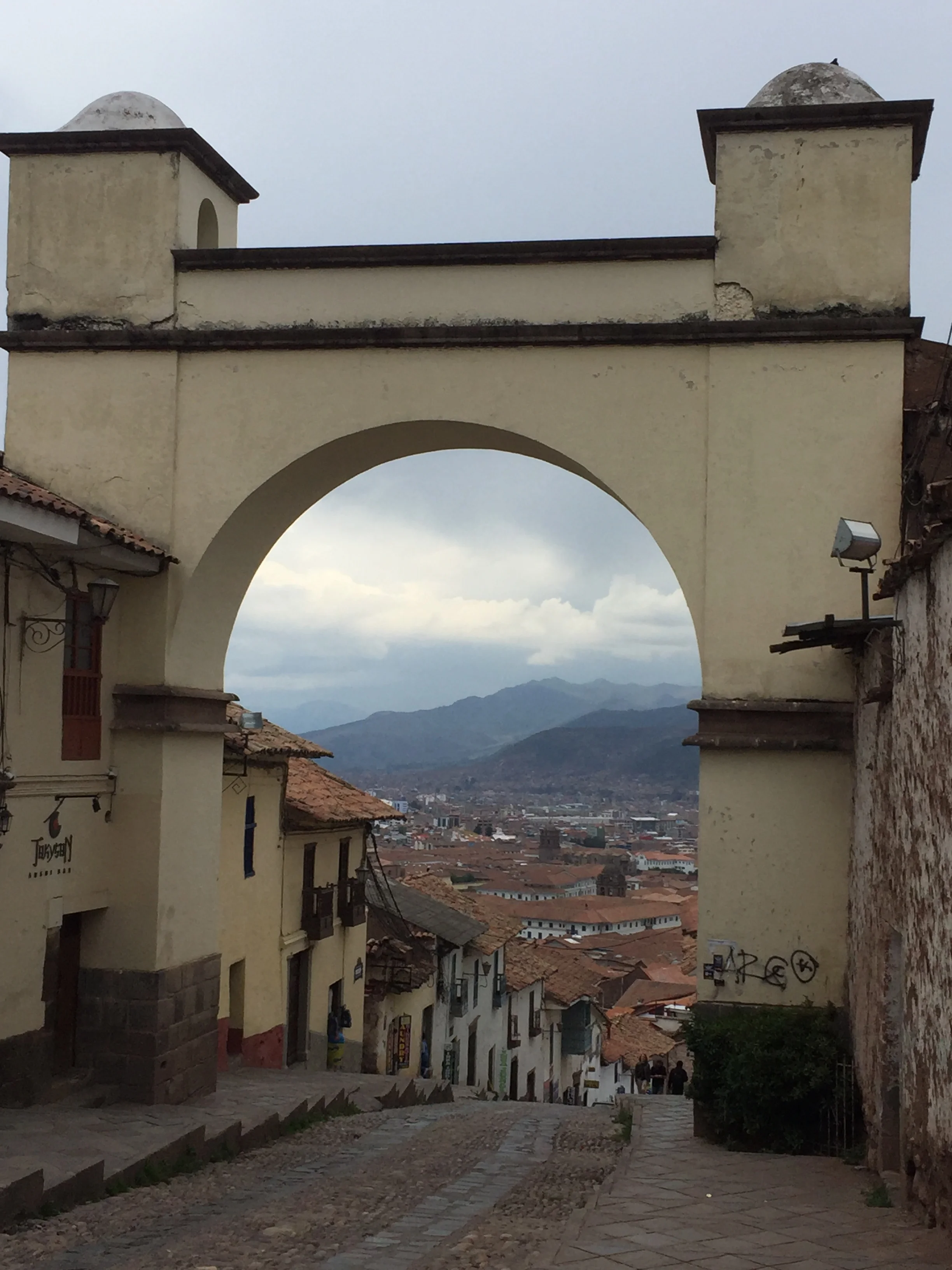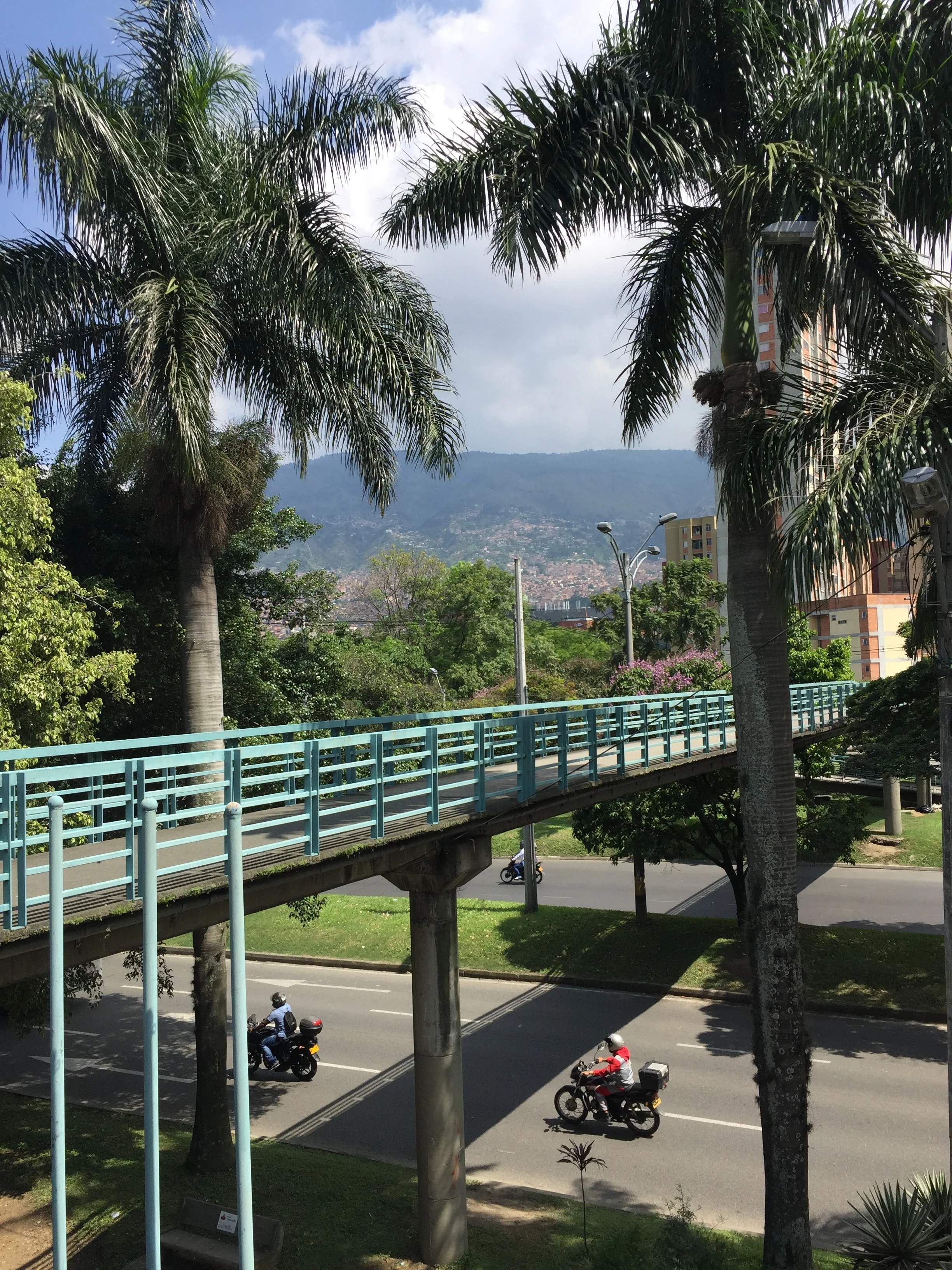Buenos Aires: Bright and Full of Passion
Buenos Aires is everything you want it to be as an entry point to South America. It’s colorful and passionate. There’s an immediate electricity that’s hard to ignore—the city feels alive.
Will and I had no intention to travel to South America this year. In fact, when people specifically asked if we were going, we pointedly respond, not going to make it this time.
We briefly discussed being home for Thanksgiving, but as our plans evolved and we confronted some unexpected hurtles, our trajectory changed. And we adapted accordingly.
We’d spend our last few weeks in completely unchartered waters. We knew this for sure: It was springtime in South America and it was financially more accessible than Europe. Our prevailing sentiment was, why not??
I have been to Buenos Aires once before, as a senior in undergrad on a service trip deemed an alternative spring break. I’ve always been keen on finding creative ways to travel. But as in so many other cities, returning with Will took on an entirely new meaning.
We had absolutely no agenda for South America. Our only timeframe was to be back stateside by Christmas. We’d travel slow and travel by word of mouth.
It felt liberating to move around in this manner. Since we hadn’t anticipated making it this far south, every experience was a gain.
It was with this mentality that I was really able to let go. We learned that if there’s ever a downside of travel, it’s having preconceived notions.
We stayed in the barrio, or neighborhood, Palermo Hollywood. If I could describe it in one word it would be, cool. It’s a cool place.
With trendy boutiques and hipster cafes, it felt less touristy.
Although, I may note it’s understandably popular among expats.
The neighborhood felt highly livable. Also, largely because our airbnb host was a gem. She had a funky, shared apartment in which the rooms surrounded an interior courtyard.
She introduced us to so much of the culture in Buenos Aires, and we became good friends by the end of our stay. I’ll say it again, it’s always the people who leave the lasting impact.
The tree lined streets give Palermo an European vibe. Which we soon learned was emblematic of the city as a whole.
When we landed after the 11 hour overnight flight, we were most definitely ready for lunch. We were drawn to the bright colors of La Fabrica del Taco and made a beeline in that direction. It was our first of many, many meals there.
Since it was Sunday, we had to check out the Feria de San Telmo.
It’s the largest outdoor street market in the country, and only held on Sunday’s. Records indicate that there are 12,000 visitors weekly.
It spans the main streets of the San Telmo neighborhood and sells nearly anything you can think of: art, leather goods, antiques, crafted mate cups.
There’s of course food stalls as well. Argentines love their sweets. Particularly, dulce de leche, which is more of a religion than anything else. Dulce de leche is quite literally sweetened milk, comparable to taste and texture of caramel.
Although we tried to walk everywhere, we also never hesitated to take the metro. It’s fast, affordable, and reliable. We used Plaza de Mayo as our main stop, and typically explored from there.
The city square was formed in 1884, combining Plaza Mayor and Plaza de Arms. As the city center, it’s remains the hub for many gatherings and demonstrations.
Another day we took the metro to Plaza de Mayo to check out Mercado San Telmo. The indoor food market is not to be confused with the Sunday flea market. Mercado San Telmo opened in 1897 in response to the influx of European immigrants.
There’s antiques and crafts, but I preferred to eclectic food stalls. We had a great lunch at Un, Dos, Crepes.
We learned that anything you’re craving, you can find in Buenos Aires. It has a huge international presence.
There’s more to Argentina than steak, chorizo, and Malbec—though the trio is truly unbeatable.
When walking everywhere, our two favorite Argentine snack breaks were for empanadas and medialunas, which were ever present.
It’s easy to explore Buenos Aires on foot simply because it’s a city that’s well constructed. Well thought out.
There’s loads of parks and communal green space.
We’d spend hours reading on a park bench or having a picnic.
Even in our neighborhood, we passed the Botanical Gardens nearly daily.
Among the library and museum, there’s also over 5,000 different plant species.
Perhaps the most awe-inspiring, and sobering, public space was La Recoleta Cemetery.
The cemetery was deemed the city’s first official burial place in 1822.
However, it wasn’t dark. In fact, it was strikingly beautiful. Graves are constructed above ground, with detailed carvings and noble pillars.
It feels a bit like navigating a labyrinthine, with over 6,000 graves. The architectural design widely varies from Greek sanctuaries to Baroque structures.
While it was overcast and threatened rain while we meandered through the cemetery, it was appropriately blindingly sunny with blue skies when we ventured to La Boca.
When I think of Buenos Aires, I think of La Boca. The music, the tango, the colors.
It’s an intoxicating atmosphere. Much of the influence stems from early European settlers, mostly from Italy.
The most iconic street, El Caminito, translates to ”little walkway.”
The lane is undoubtedly touristy, with vendors selling every trinket imaginable.
But colorful shanty homes line the street, and despite it’s sightseeing allure, it’s undoubtedly worth a visit.
The area also has one of the most popular arenas in South America—La Bombonera Stadium.
La Bombonera, literally meaning, “cozy little space” is now home to the Boca Juniors football team.
Since football is unmistakably Argentina’s most popular sport, matches are known to be vibrant and become quite rowdy.
Although we didn’t get to catch a game, we did try to absorb the daily and social culture.
An average buzz cut for Will became a straight edge razor cut in a trendy barbershop.
The best he’s ever had, he claims.
One evening, our airbnb host invited us out to one of her favorite spots in the city—Santos 4040. She described as a dance show, so we didn’t quite know what to expect.
But upon arriving, she shifted the description to more of a hipster cultural center, with craft beer, a limited trendy menu, and games such as foosball and ping pong.
In her defense, the main attraction was awesome. The band La Grande, a full orchestra, plays two sets on improv electronic jazz. It was fantastic.
The best part of returning to a city is immersing yourself in a subculture that you totally missed previously, due to circumstances or simply different interests.
One of our favorite discoveries was the El Ateneo Grand Splendid, a theater turned bookshop.
The building originally debuted as a theater in 1919, dubbed Teatro Gran Splendid. The architecture is eclectic, with an Italian influence of frescoes painted on the ceiling.
After becoming a cinema in the late 1920s, it wasn’t until 2000 that it became El Ateneo ‘s flagship store. And subsequently one of the most beautiful bookstores in the world.
After, we found the sweetest garden cafe in back in Palermo.
We had a couple drinks, a generous pour of Malbec for me.
We chatted with our young server who had fled from Venezuela, and explained the hardships her country faces. She said nations such as Argentina have been understanding with welcoming immigrants, but her bravery was so inspiring.
On our last morning, our airbnb host gave us a detailed lesson on the ubiquitous mate culture.
The caffeine rich drink is made from steeping dried leaves of yerba mate in hot water, always served with a metal straw, or bombilla, out of a hollow gourd. But it’s the ritual behind the drink that’s so meaningful, and nuanced. When drinking with friends, you cannot move the bombilla from its position. If served bitter, you cannot sweeten it. And most importantly, you must also maintain an order, and not cut the line.
We enjoyed the buzz from the mate with an array of traditional Argentine pastries.
The medialunas generously filled with thick dulce de leche were my favorite.
Put simply, Buenos Aires was awesome. It was funky and fun, bright and loud.
However, there was a approachability to the city. It was the most ideal starting point for us, and our warm introduction made traveling in South America feel so accessible.

